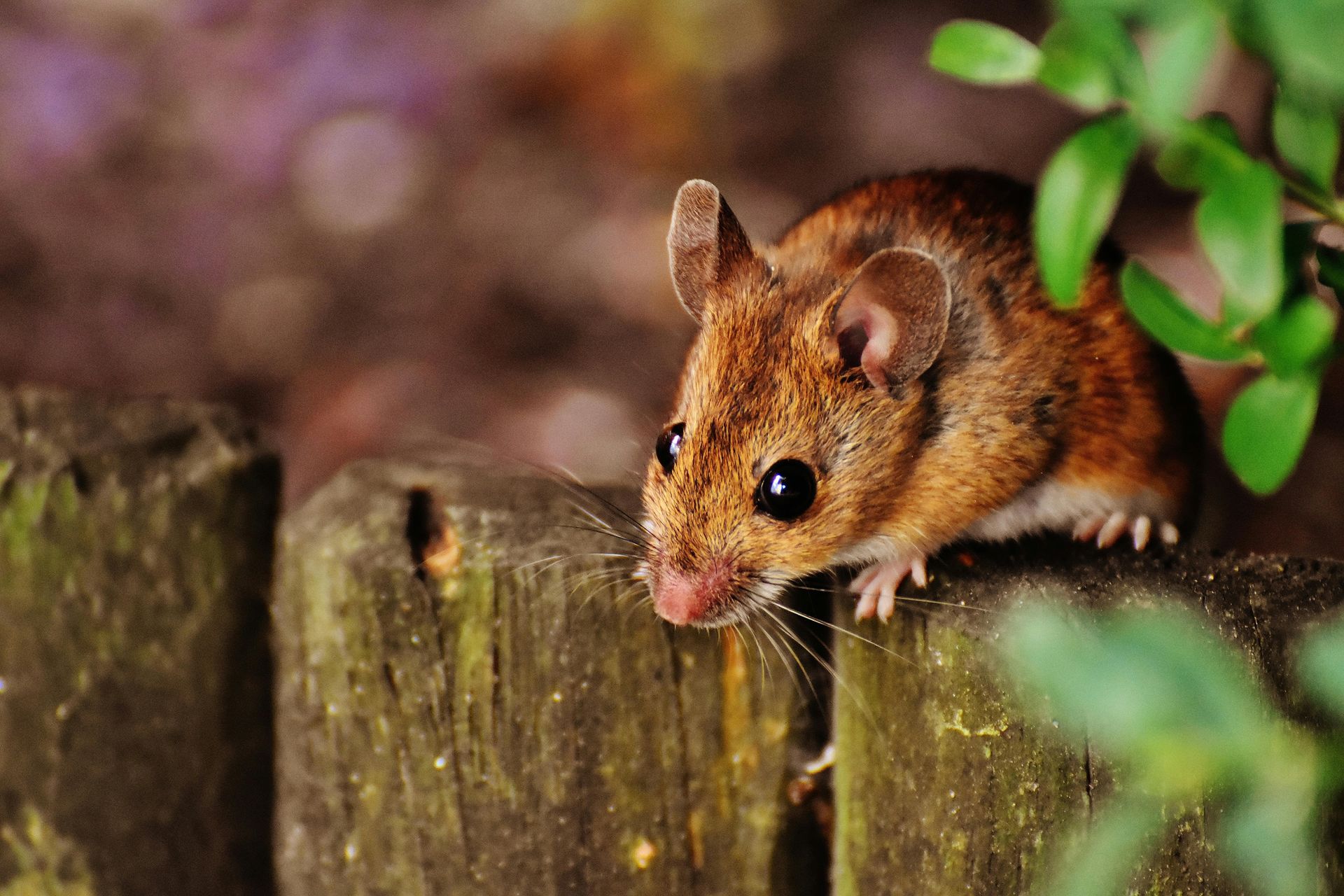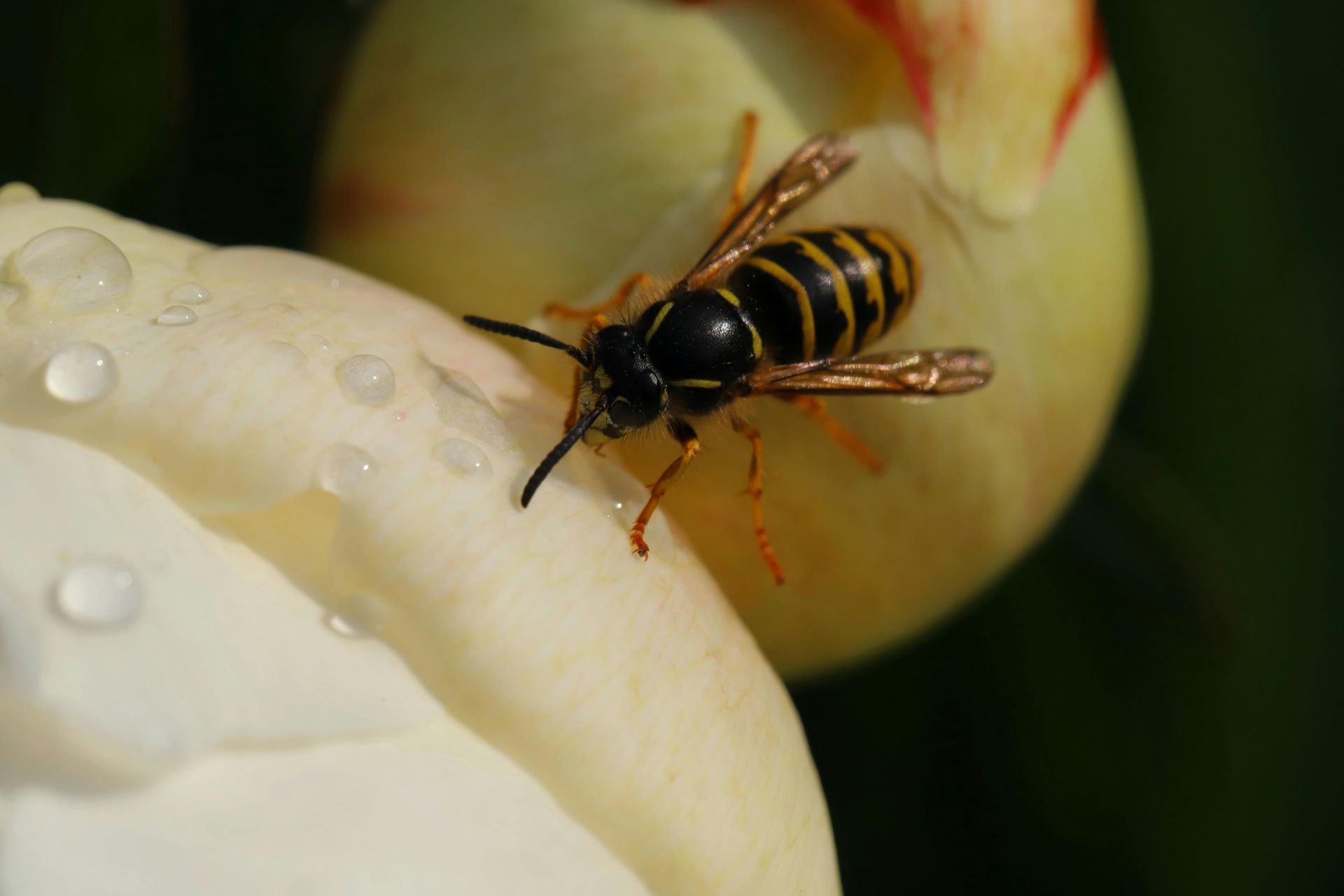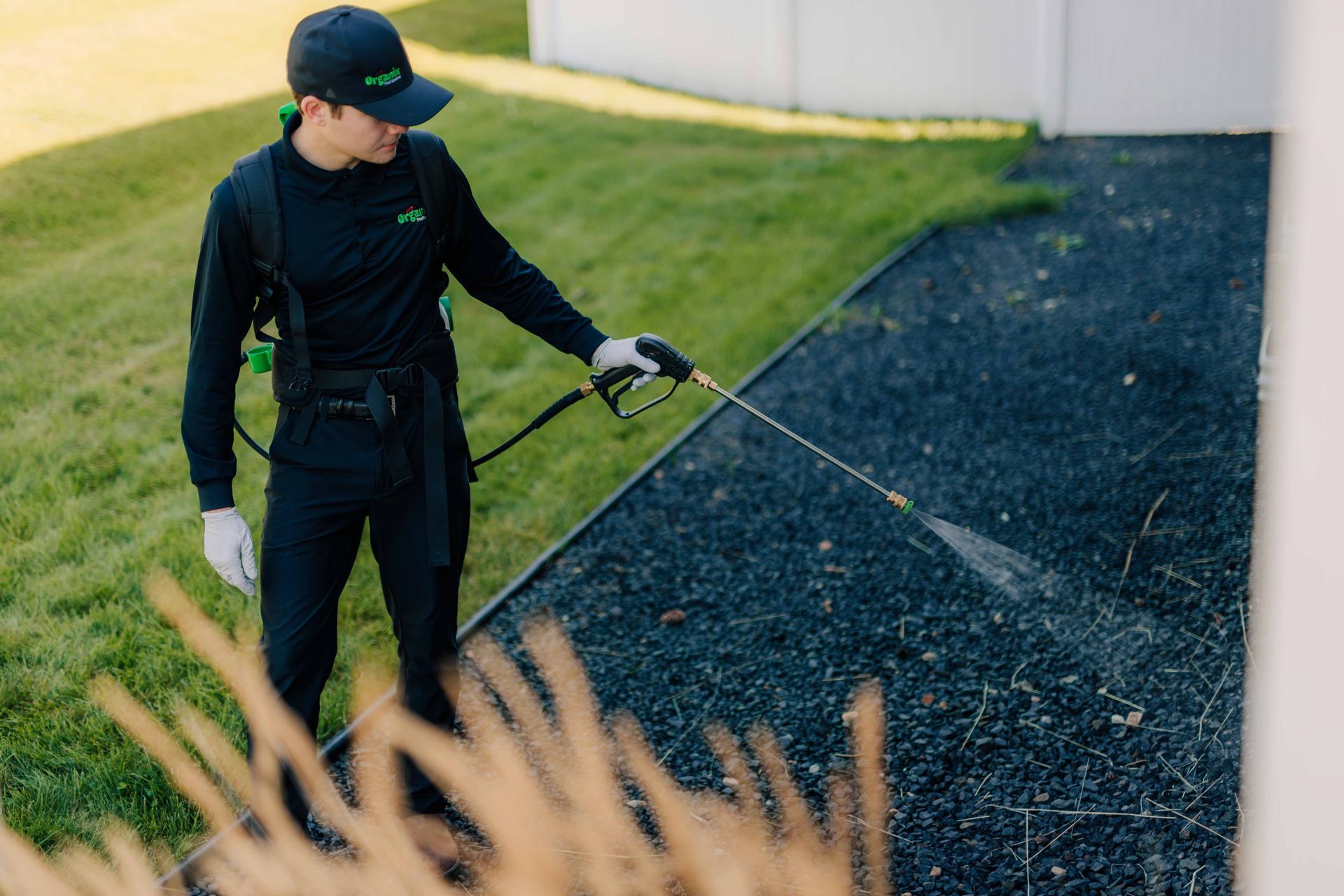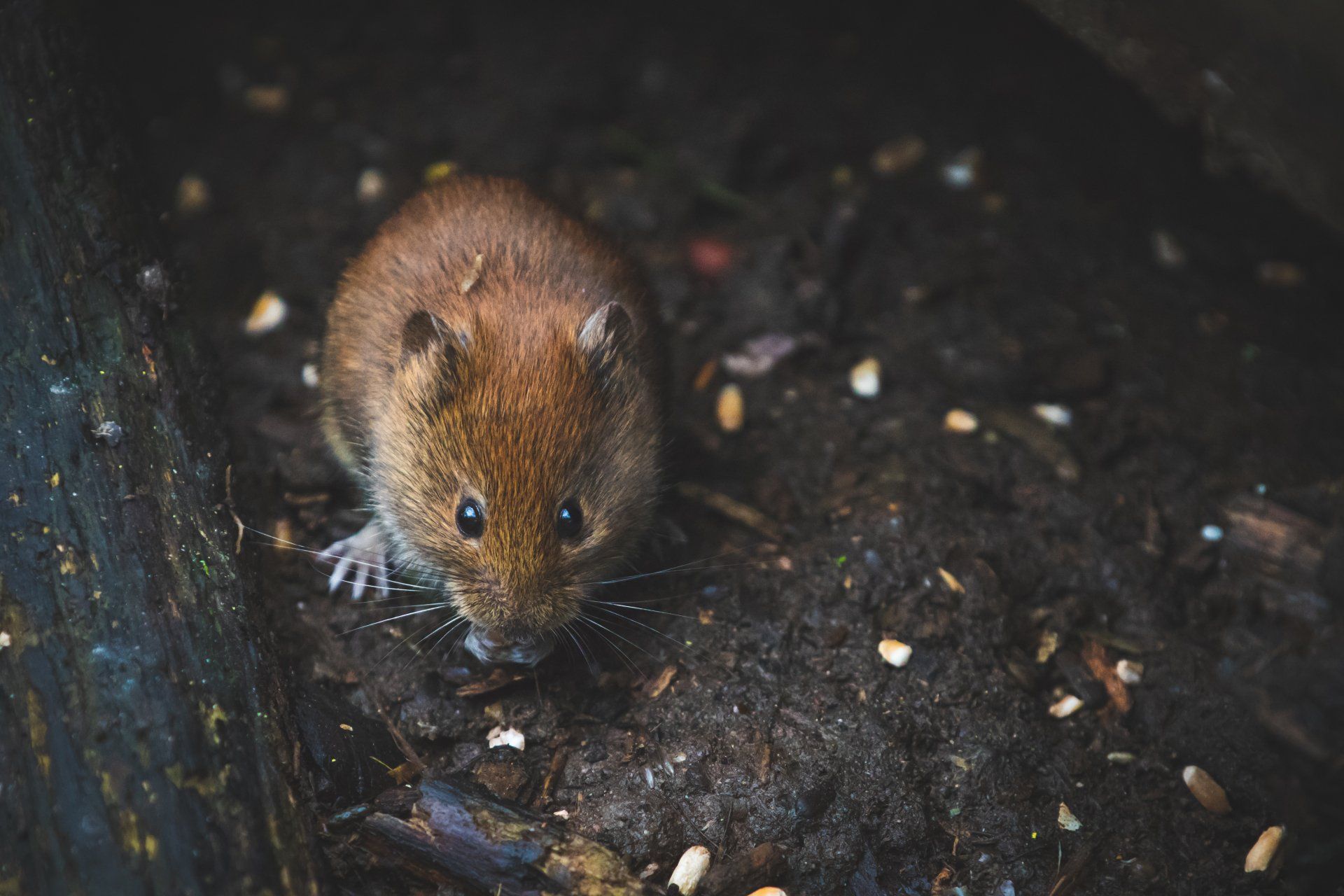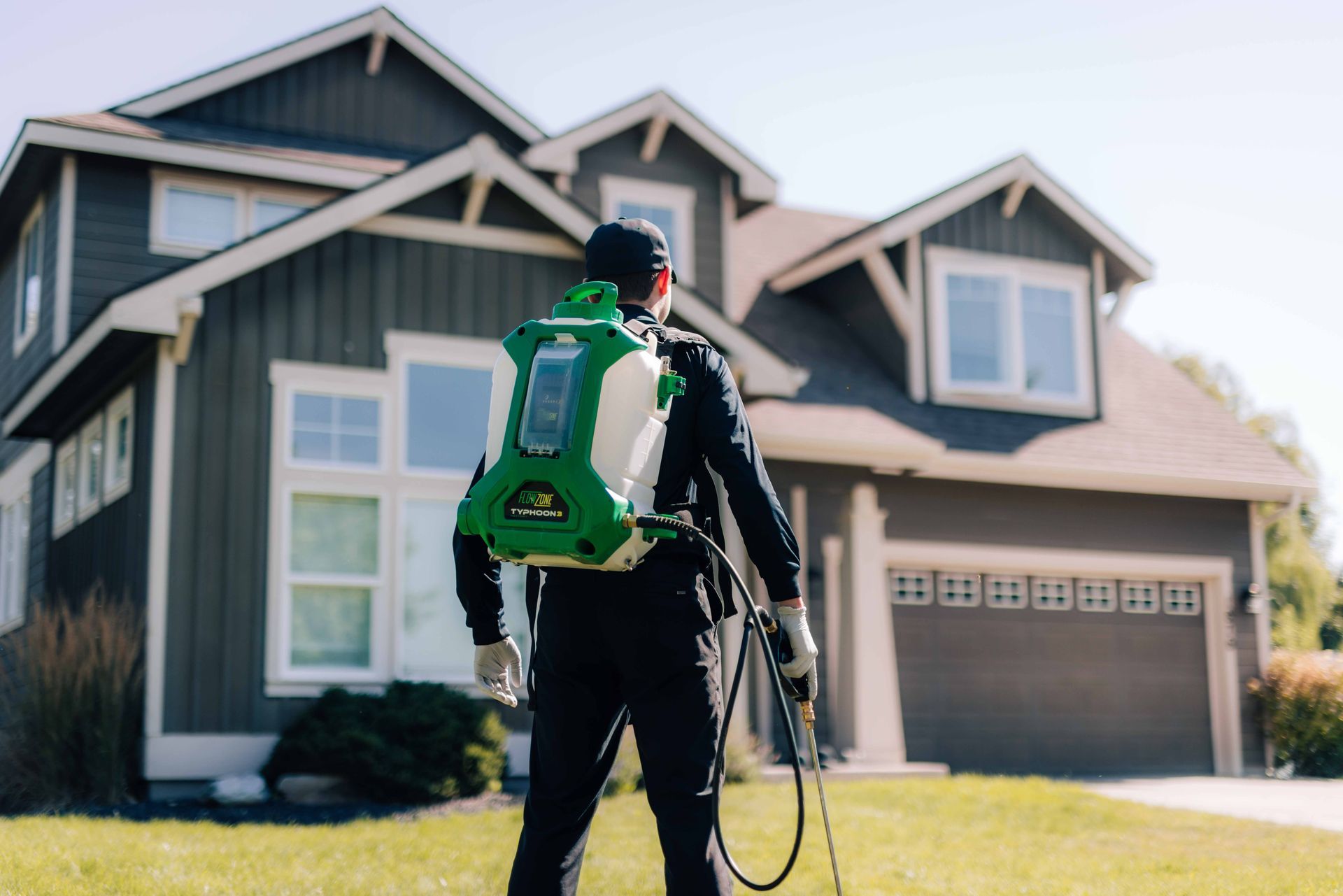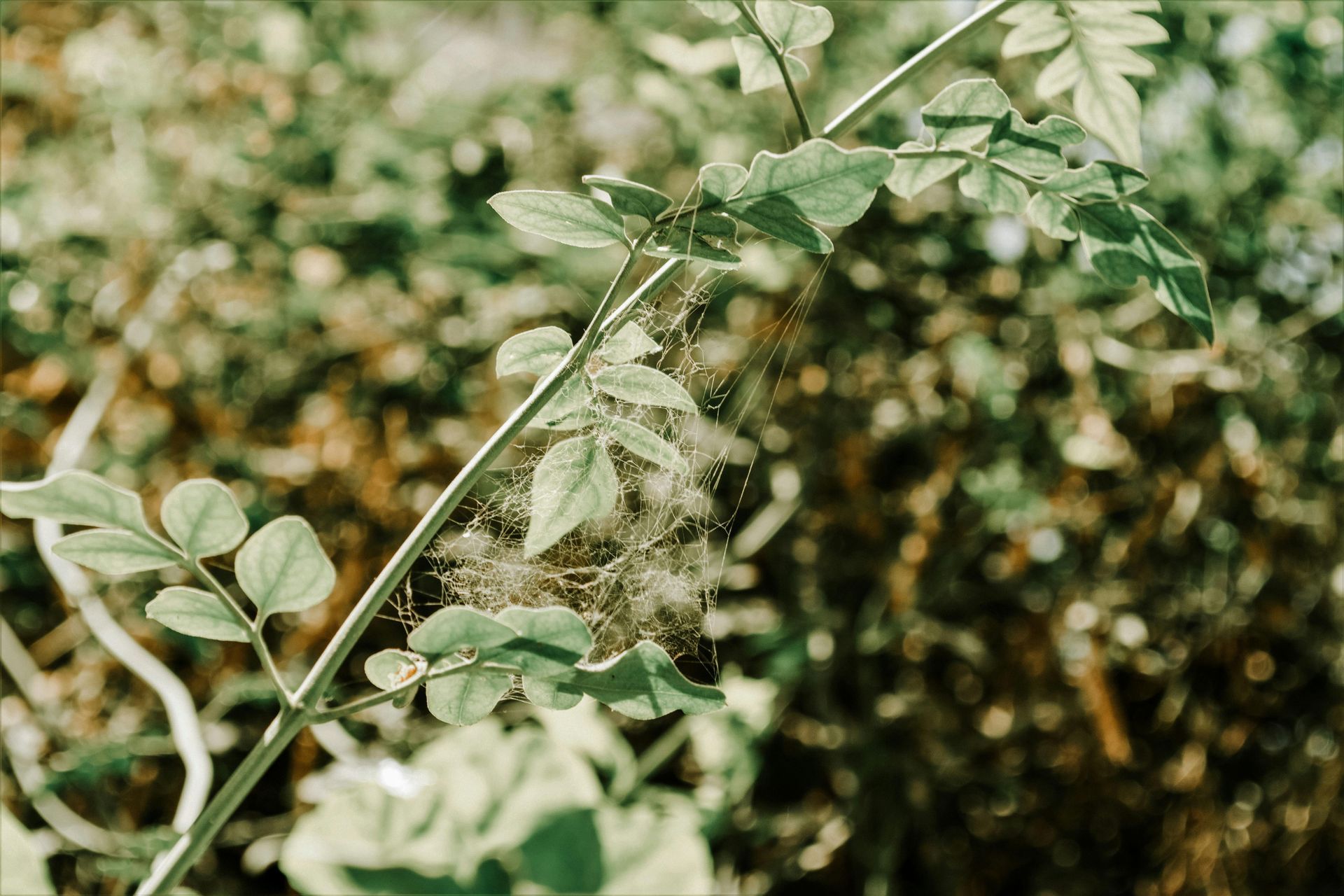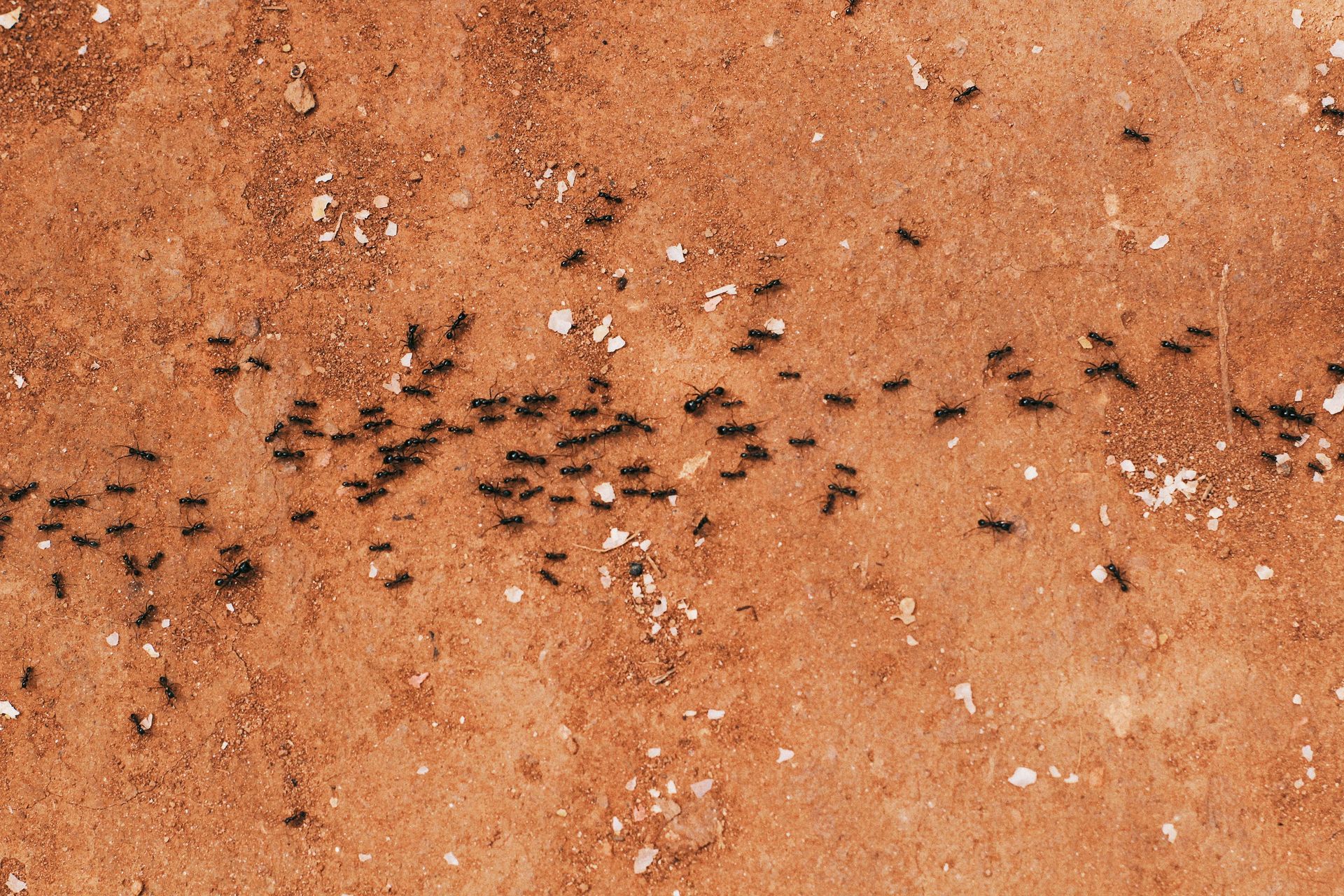How Do I Get Rid of Ants in My Home or Yard?
Proven Solutions for Eliminating Ant Infestations Indoors and Outdoors

Ants may be small, but when they invade your home or yard, they become a big nuisance. Whether it’s a trail of ants leading to your kitchen sink or mounds popping up across your lawn, infestations can quickly spiral out of control. The good news? With the right strategy, you can get rid of ants and keep them from coming back.
In this guide, we’ll walk through the most effective ways to eliminate ants from your home and yard, what attracts them in the first place, and when to call in a pest control professional.
Why Are Ants Invading My Home or Yard?
Ants are on a constant search for food, water, and shelter. If they find what they need on your property, they’ll settle in fast. Here’s what attracts them:
- Sugary or greasy food crumbs on counters or floors
- Pet food left out in bowls
- Moisture from leaks or standing water
- Unsealed trash bins or compost piles
- Decaying wood, mulch, or soil ideal for nesting
Once a few scout ants find a food source, they leave behind a pheromone trail for the rest of the colony to follow. That’s why you often see long, persistent trails of ants indoors and outdoors.
How to Get Rid of Ants in the House
1. Identify the Type of Ant
Different ant species require different treatments. Common household ants include:
- Odorous house ants – Attracted to sweets
- Carpenter ants – Nest in wood and can cause damage
- Pavement ants – Enter through cracks and small openings
Knowing the species helps determine whether you need baits, sprays, or professional intervention.
2. Eliminate Food and Water Sources
Ants won’t stay where they can’t find food. To discourage them:
- Clean up crumbs, spills, and grease immediately
- Store food in airtight containers
- Don’t leave pet food out overnight
- Take out the trash regularly
- Fix leaky faucets and pipes
3. Use Ant Baits for Colony Elimination
Bait traps are one of the most effective ways to kill ants at the source:
- Place bait stations along ant trails and near entry points
- Allow the ants to carry the bait back to the colony
- Avoid spraying near bait stations, which can repel ants before they take the bait
💡 Note: It may take several days for baits to fully work, but they provide long term results.
4. Seal Entry Points
Prevent future infestations by sealing the gaps where ants enter:
- Use silicone caulk around windows, doors, and baseboards
- Install door sweeps and repair torn screens
- Check where utility lines enter the house for unsealed gaps
5. Apply Indoor Ant Sprays with Caution
For immediate control, sprays can help kill visible ants:
- Use non repellent insecticides that don’t alert ants and prevent colony elimination
- Target cracks, crevices, and baseboards
- Always follow product instructions and avoid contact with food or pets
How to Get Rid of Ants in the Yard
Outdoor ant infestations can lead to indoor problems, so it's important to manage them as well.
1. Locate and Treat Ant Mounds
Find visible mounds and treat directly:
- Pour boiling water (use with caution) to kill surface ants
- Use granular or liquid outdoor ant killers labeled for lawn use
- Apply baits around the yard perimeter for long term control
2. Remove Yard Debris and Moisture
Ants love moist, shaded areas. To reduce nesting spots:
- Trim back shrubs and vegetation near your home
- Remove woodpiles, rocks, or decaying logs
- Keep gutters clean and ensure proper drainage
- Avoid overwatering lawns or flowerbeds
3. Create a Chemical Barrier Around Your Home
Applying a residual insecticide around the foundation can help:
- Spray 3 feet up the exterior walls and 3 feet out from the foundation
- Focus on windows, door frames, and entry points
- Reapply every 2–3 months during peak ant season (spring through early fall)
Natural Ways to Deter Ants
If you prefer a chemical free approach, try:
- White vinegar spray (1:1 mix with water) to erase scent trails
- Cinnamon or cayenne pepper at entry points
- Lemon juice, which masks ant trails and repels scouts
- Diatomaceous earth, a non toxic powder that kills ants on contact by drying out their exoskeletons
When to Call a Professional Pest Control Service
If you’ve tried multiple treatments and still have ants, it may be time for professional help. A licensed technician can:
- Identify the ant species and nesting sites
- Apply targeted treatments that eliminate colonies, not just surface ants
- Offer preventive solutions to stop future infestations
At Organix Pest Control, we use eco friendly ant control methods that are safe for families and pets, while providing long term protection indoors and out.
Final Thoughts: Getting Rid of Ants for Good
Ants are persistent but with a combination of smart prevention, the right treatment products, and professional help when needed, you can take control. Don’t just treat the symptom, target the source to eliminate ants in your home or yard once and for all.
Need expert help with an ant problem? Contact Organix Pest Control for a personalized inspection and treatment plan that gets results, and keeps ants out.
Frequently Asked Questions (FAQ)
Q: Why do ants keep coming back even after I spray them?
Sprays may kill ants on contact but don’t eliminate the colony. Without removing the queen or cutting off the food source, ants will return.
Q: Do ant baits really work?
Yes, when used properly, ant baits are one of the most effective solutions because they kill the colony over time.
Q: How do ants get into my house?
Ants enter through tiny cracks around doors, windows, baseboards, utility lines, and even drains in search of food or moisture.
Q: What time of year are ants most active?
Ants are most active in
spring and summer, but depending on your region and climate, indoor infestations can happen year round.
Q: Are outdoor ants a problem if they stay outside?
Yes. Ants nesting near your home often migrate indoors for food or during weather changes. Controlling outdoor colonies helps prevent indoor problems.

